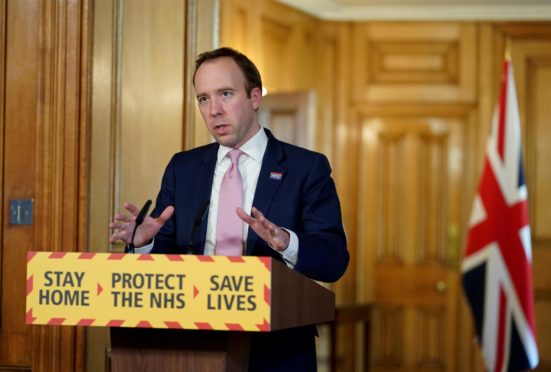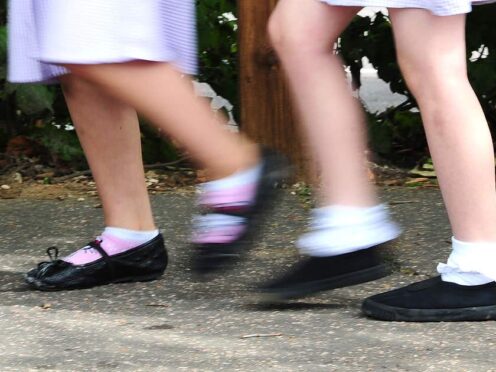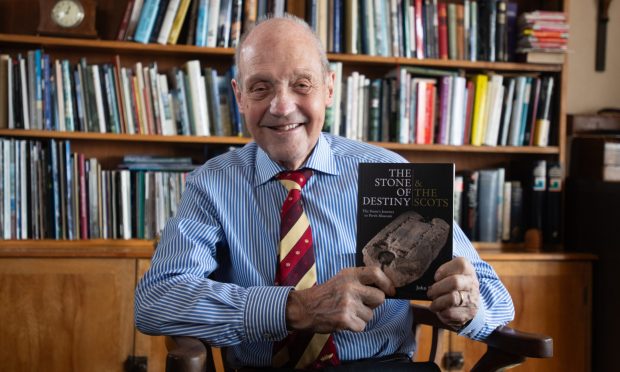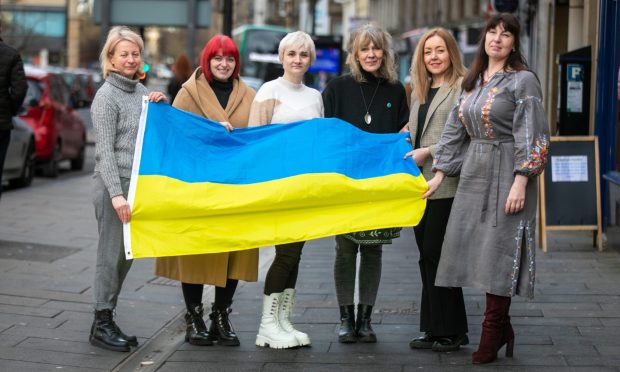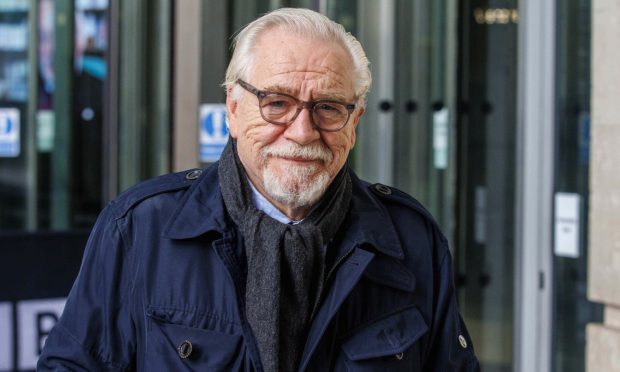Clinical trials of a coronavirus vaccine will begin on people from Thursday, Health Secretary Matt Hancock has announced.
The vaccine is being developed by scientists at Oxford University, who have said it has an 80% chance of success.
Mr Hancock, appearing at the daily Downing Street press conference, said the UK Government would “throw everything” at making the vaccine a success.
Oxford vaccinology professor Sarah Gilbert has said that the inoculation being developed by her team could be ready for use as early as September, despite the search for an effective vaccine normally taking as long as 18 months.
Mr Hancock said: “In normal times, reaching this stage would take years and I’m very proud of the work taken so far.
“At the same time, we will invest in manufacturing capability so that, if either of these vaccines safely work, we can make it available for the British people as soon as humanely possible.”
Mr Hancock went on to caution: “Nothing about this process is certain. Vaccine development is a matter of trial and error and trial again. That’s the nature of how vaccines are developed.”
The comments came amid a political row over whether or not the UK Government had dismissed an offer to take part in a European Union scheme to bulk buy ventilators and protective equipment.
Foreign Office civil servant Sir Simon McDonald told MPs yesterday that the UK had not taken part because “we left the European Union on January 31”.
Asked by Foreign Affairs committee chairman Tom Tugendhat whether it had been a political decision by ministers, he replied: “It was a political decision.”
When it first emerged, in March, the UK had not taken part, Downing Street insisted it was because of an “email mix up”.
Asked about the contradicting statements, Mr Hancock said: “The invitation when it came in to the Department for Health – and I know there has been debate about whether it was sent to the wrong email address initially – to participate in this scheme in an associate way, because we are not members of the EU, came to me for decision and I said yes.
“That is the decision-making process I was involved in. It was a recommendation and I took the decision in the normal way – that’s the long and short of it.”
Orkney and Shetland Liberal Democrat MP Alistair Carmichael has called for an urgent investigation into the issue.
He said: “If this was a political decision made by government ministers then the public deserve to know who made that decision and on what grounds.
“We may never know the damage that the government’s choice has caused but we do know now that it was a self-inflicted wound.”
The revelation came as it was announced another 823 people had died from coronavirus in UK hospitals, taking the total to 17,337.
